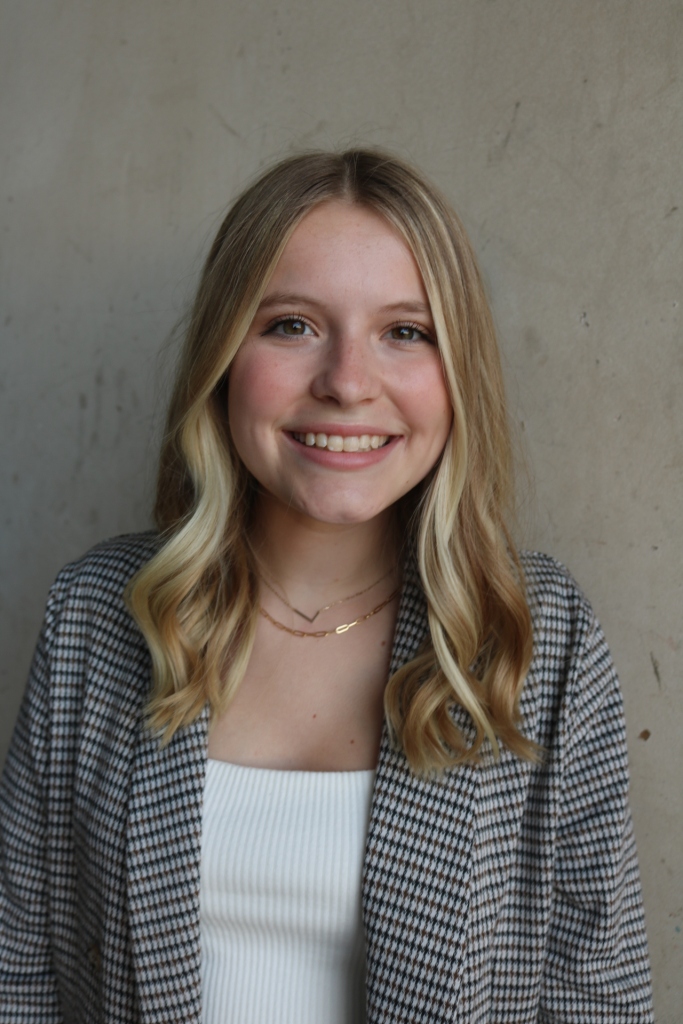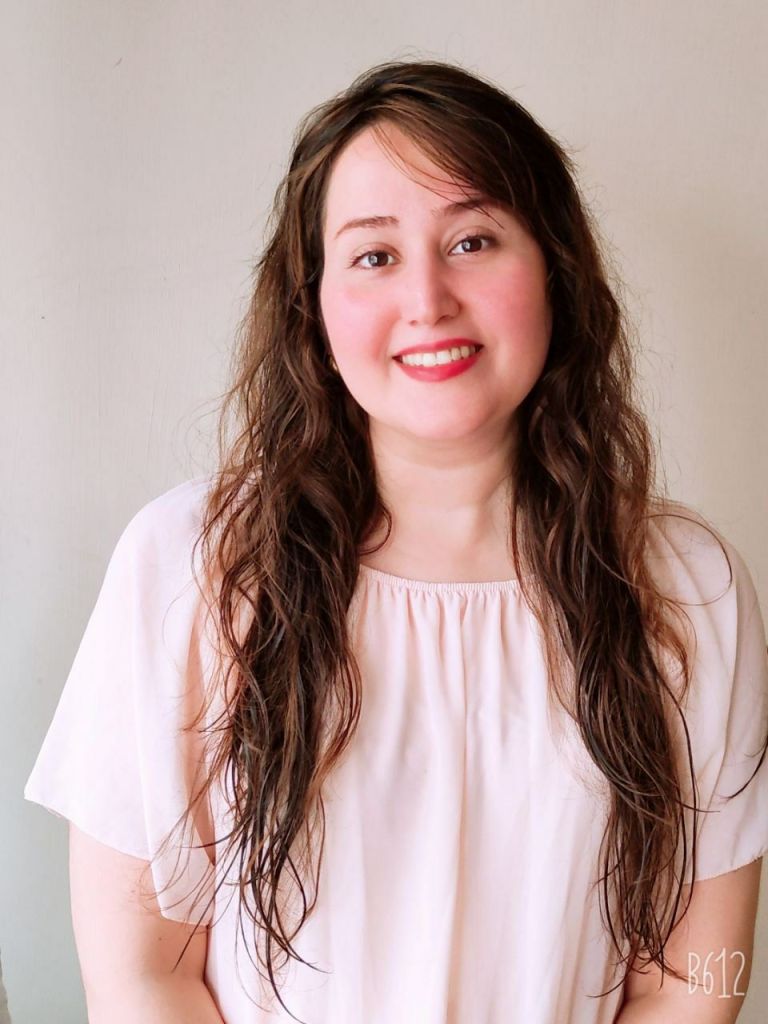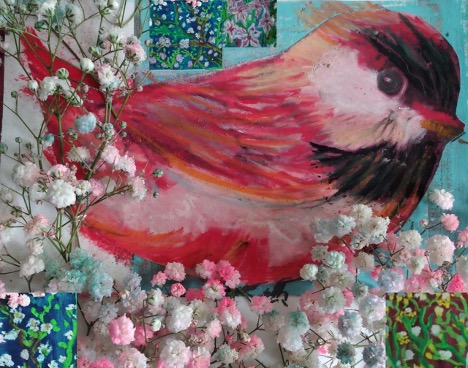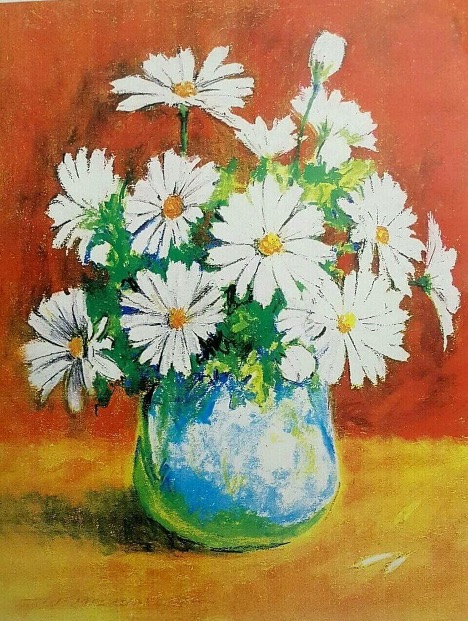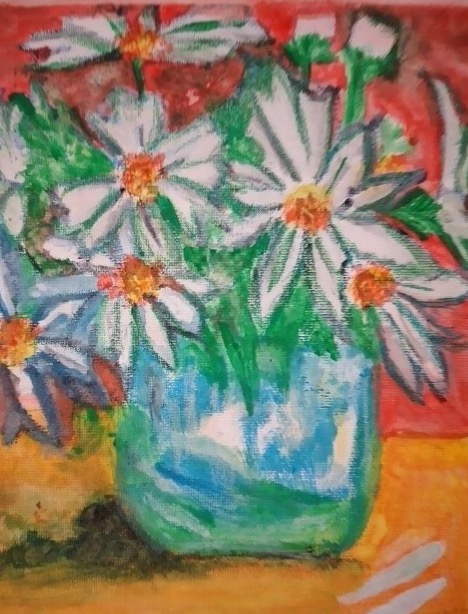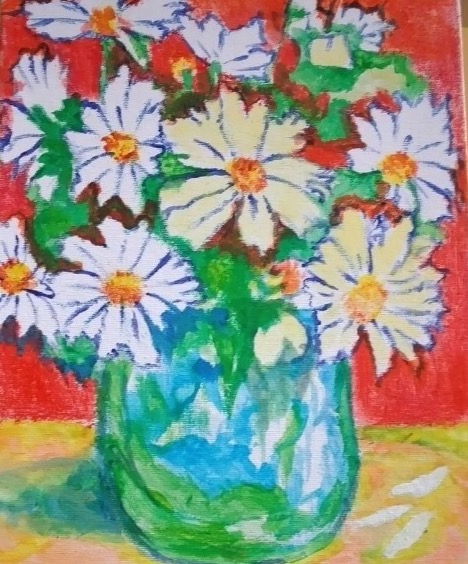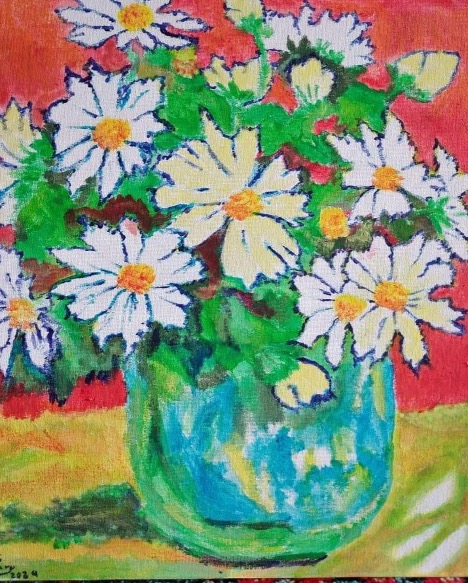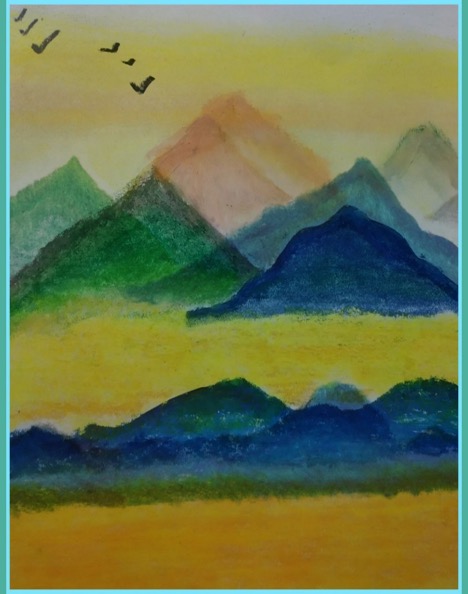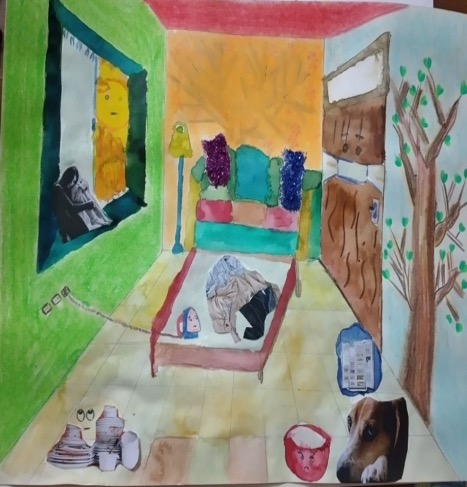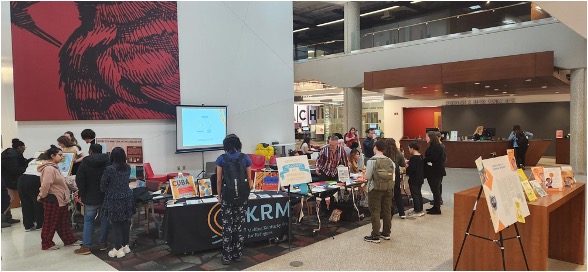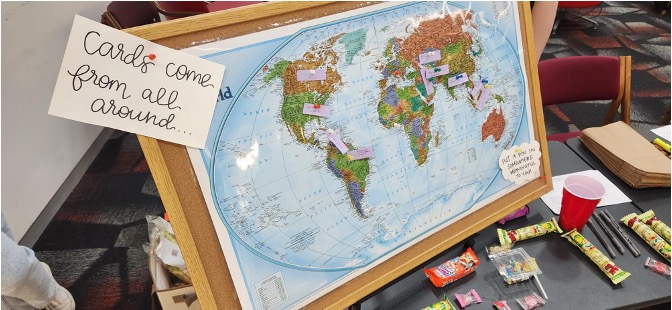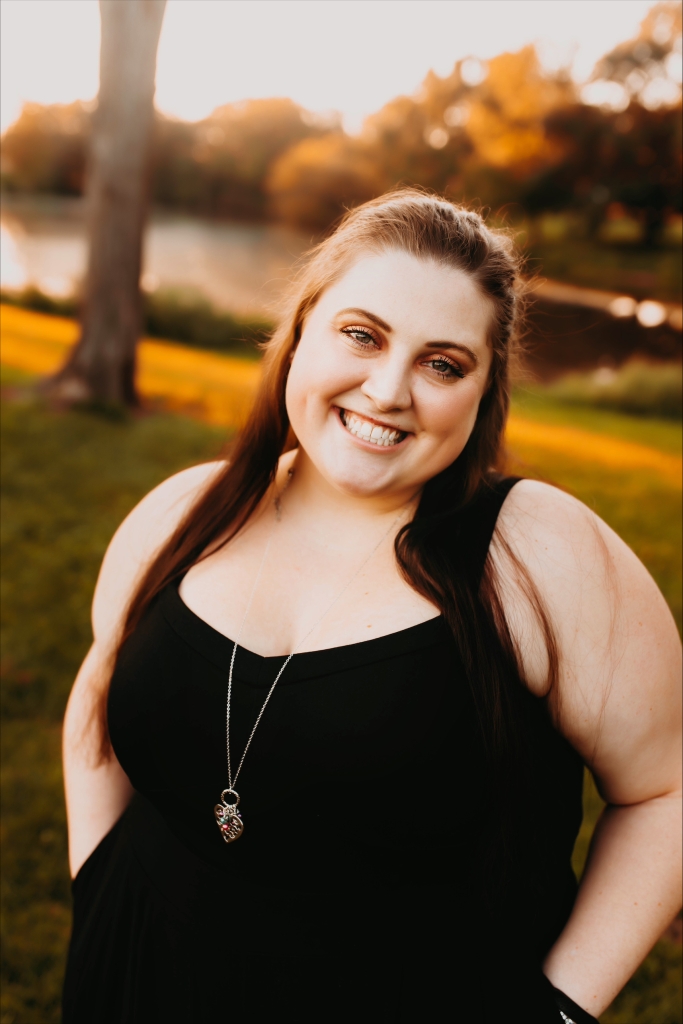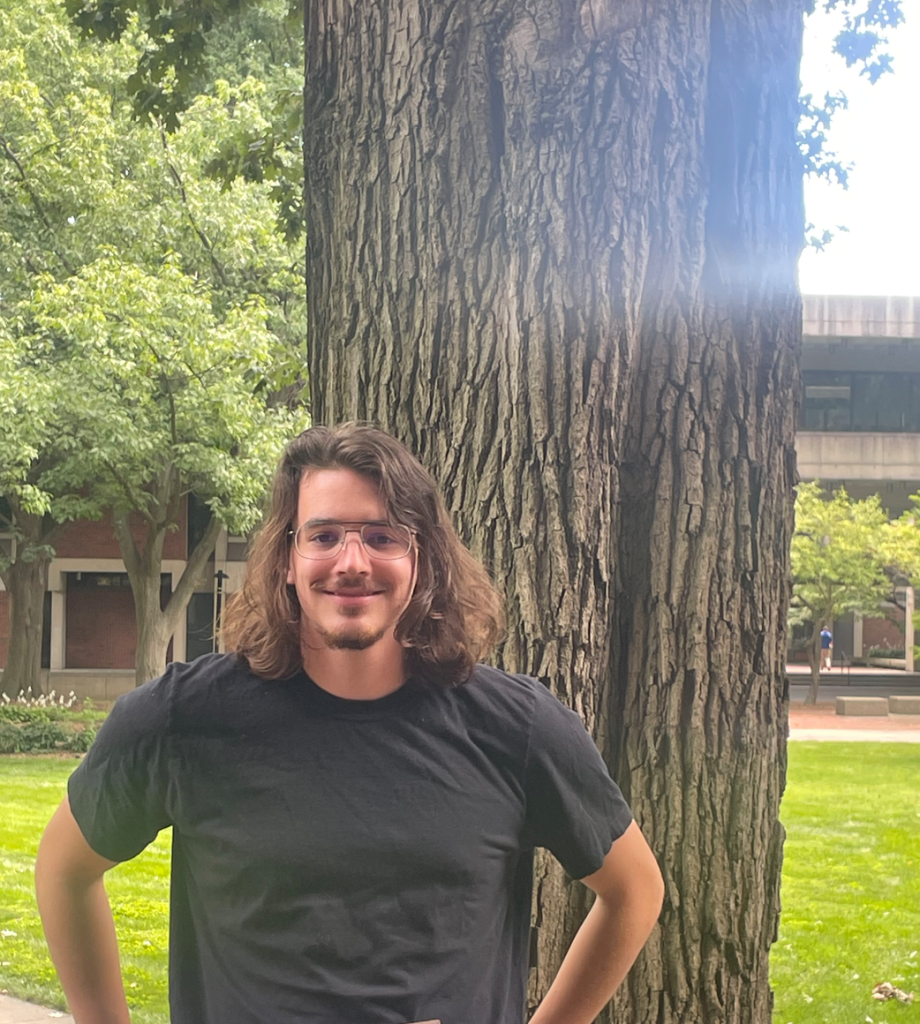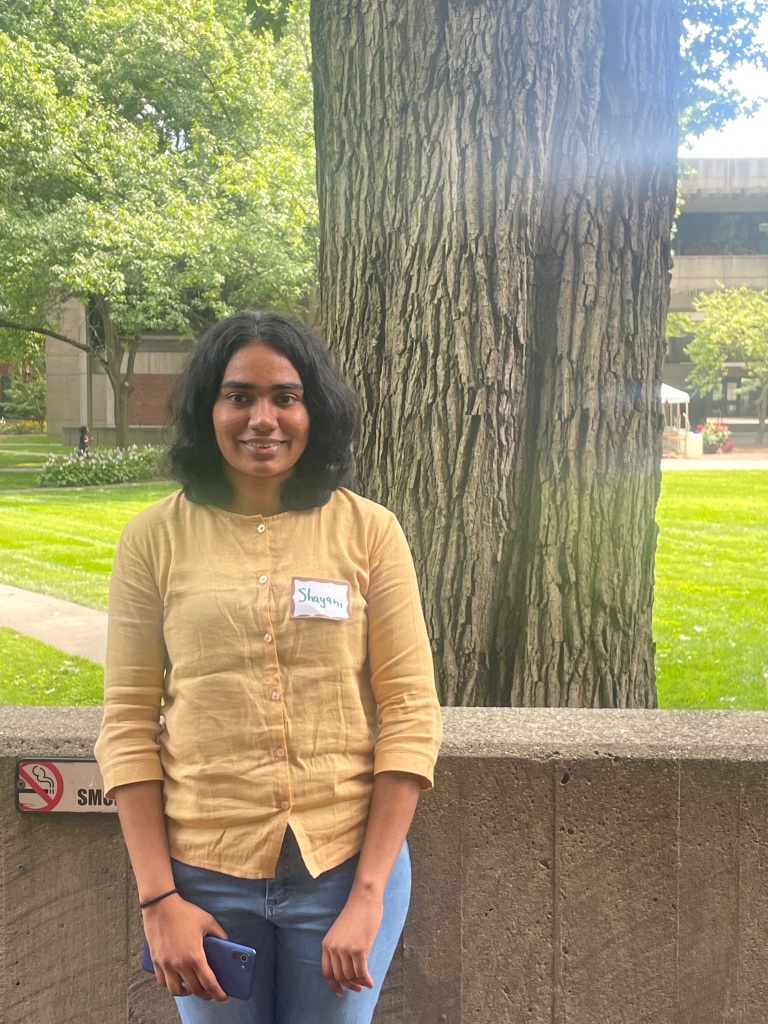Lauren T. Cox, Writing Consultant
In our Writing Center Studies course each Fall, our consultants bring their interests and expertise to our center, and this is a great way for us to keep in touch with how to best work with UofL writers. In this week’s post, Lauren Cox provides us with invaluable information about how to best support writers through trauma-informed consulting.
In the fall of 2023, my MA cohort and I became new University Writing Center (UWC) consultants here at the University of Louisville. Through this transition, the back office of the writing center became a hub for our homework questions, lunch breaks, and many conversations about life and consulting. As the year progresses, we increasingly discuss the triumphs and difficulties we encounter while collaborating with different writers. These questions only intensify after working with a writer sharing a traumatic story or disclosing sensitive information. My fellow consultants and I were not initially aware of what an effective trauma writing session looks like, both in terms of discussing trauma with a writer and processing our emotional labor before the next writer arrives. As trauma studies in higher education continues to gain prominence, I found myself wanting more information regarding how to best work with trauma-informed writers.
As I began preliminary research, I found that trauma studies is prevalent across numerous disciplinary perspectives; thus, in addition to considering writing center studies scholarship, I also found it helpful to explore what related disciplines like psychology and composition, and other contexts such as community writing centers have to say about supporting writers as they pen traumatic experiences. This blog post synthesizes these experts’ findings in an effort to determine how interdisciplinary research might inform consultants’ approach to trauma writing in the UWC space.
COMPOSITION STUDIES
Courtney Patrick-Weber and Britt Munro’s research upholds the value of assigning personal narratives and employing trauma-informed pedagogy in the composition classroom; their interests indicate that consultants should expect trauma narratives in the writing center. While Patrick-Weber specifically focuses on students engaging in trauma writing, Munro acknowledges that classroom behaviors like disassociating, avoiding deadlines, and difficulty focusing may indicate that trauma is impacting a student writer, even if their essay topic is unrelated (132). Therefore, consultants should consider trauma as a potential influence in all their sessions, regardless of the assignment or project. Patrick-Weber and Munro’s additional observations may point to the beginnings of a trauma-informed consulting framework. They state that clarifying a writer’s thought process and purposes, developing personal connections with writers, empowering writers to make their own choices, providing optimistic and growth-centered feedback, and sharing power with writers when possible are all helpful pedagogical practices that consultants could employ with writers (Patrick-Weber 143, Munro 135).
PSYCHOLOGY AND COMPOSITION STUDIES
Psychologist Jason Thompson and English scholar Jeffrey Berman provide helpful, though occasionally differing, perspectives on writing’s role in trauma studies from a psychoanalytical perspective. Both Thompson and Berman agree that a writer’s motivation and trauma writing’s effect on a writer differ on a case-by-case basis or, as Thompson claims, writing can either “heal a wound or keep it open” (275). Berman’s opinion of trauma writing’s impact on writers, based on his experiences as an English professor, is more optimistic; he asserts that writing about trauma in the composition classroom often leads to problem solving and empathetic relationships within a classroom community(256).
Despite their different conclusions on trauma writing’s impact, both experts agree that psychology and English approach trauma with different goals and methodology (psychological change versus artistic production.) As a consultant, I think it is important to recognize the different roles that writing and psychology play in trauma studies, but also to remember that writers are choosing to bring their stories to the writing center, not a counseling center. In most cases, the writer is looking for writing feedback and expertise from consultants, much like any other session (Berman 256). Consultants can often focus on composition concerns in a trauma writing session unless a writer desires psychological care that the UWC cannot provide. In this case, consultants and other UWC staff members are encouraged to familiarize themselves with their university’s counseling center and additional resources.
COMMUNITY WRITING CENTER STUDIES
Community writing center scholarship also provides useful insights for a UWC consultant’s perspective and daily work. Power dynamics between a writer and a consultant are particularly relevant when it comes to discussing trauma. Rossina Zamora Liu, a community writing center director that serves those experiencing housing insecurity, agrees with Berman and Thompson by recommending that the central authority in a session is not the consultant or director, but the writer’s purposes for sharing their story. DeCedrick Walker and Melissa Pavlik add that a consultant’s choice to hospitably welcome and collaborate with a writer can model healthy ways of thinking about trauma for the writer. This exchange recognizes and honors the emotional labor the writer exerted in recounting and sharing a trauma narrative.
Like our context in the UWC, Liu never knows which community writers will attend a workshop; she emphasizes the importance of writing center staff repositioning themselves at the onset of each session so that they can “foster trust and collective sharing” with their writer (348). Other practical advice for writing consultants, according to Liu, includes using second-person possessive pronouns, prefacing feedback with ‘as one reader of your draft,’ and validating a writer’s authorship. These strategies can ultimately help consultants act as worthy witnesses of writers’ traumatic stories.
CONCLUSION
While interdisciplinary scholarship on trauma provides useful insights and frameworks for consultants, I wonder if additional research on trauma-informed consulting in the UWC could [LT1] continue to benefit the field. Nevertheless, interdisciplinary trauma literature offers some helpful strategies for UWC consultants. Pedagogical maneuvers like promoting equal power dynamics, recommending personal connections with writers, and responding to trauma writing with feedback focused on the writer’s thought process may prove helpful for consultants as they navigate trauma-informed consulting in the UWC.
Works Cited
Berman, Jeffrey. “The Talking Cure and the Writing Cure.” Philosophy, Psychiatry, & Psychology, vol. 17 no. 3, 2010, p. 255-257. Project MUSE muse.jhu.edu/article/405320.
Liu, Rossina Zamora. “Humanizing the Practice of Witnessing Trauma Narratives.” Journal of Adolescent & Adult Literacy, vol. 63, no. 3, 2019, pp. 347–50. JSTOR, https://www.jstor.org/stable/48556220. Accessed 6 Oct. 2023.
Munro, Britt. “Human and Professor: Using Trauma-Informed Pedagogy to Reimagine Teaching in the Wake of COVID-19.” CEA Critic, vol. 84 no. 2, 2022, p. 130-146. Project MUSE, https://doi.org/10.1353/cea.2022.0017.
Patrick-Weber, Courtney. “Creating a ‘Language’ of Trauma: Exploring Trauma Theories and Trauma Narratives in Multimodal Writing.” Pedagogical Perspectives on Cognition and Writing, edited by Patricia Portanova, Michael Rifenburg, and Duane Roen, 2021, pp. 134-148.
Pavlik, Melissa and DeCedrick Walker. “Conversation Shaper: Writing, Incarceration, and Healing in the Writing Center.” The Peer Review, vol. 5 no. 2, 2021, https://thepeerreview-iwca.org/issues/issue-5-2/. Accessed 22 Oct. 2023.
Thompson, Jason. “Writing About Trauma: Catharsis or Rumination?” Philosophy, Psychiatry, & Psychology, vol. 17 no. 3, 2010, p. 275-277. Project MUSE muse.jhu.edu/article/405326

